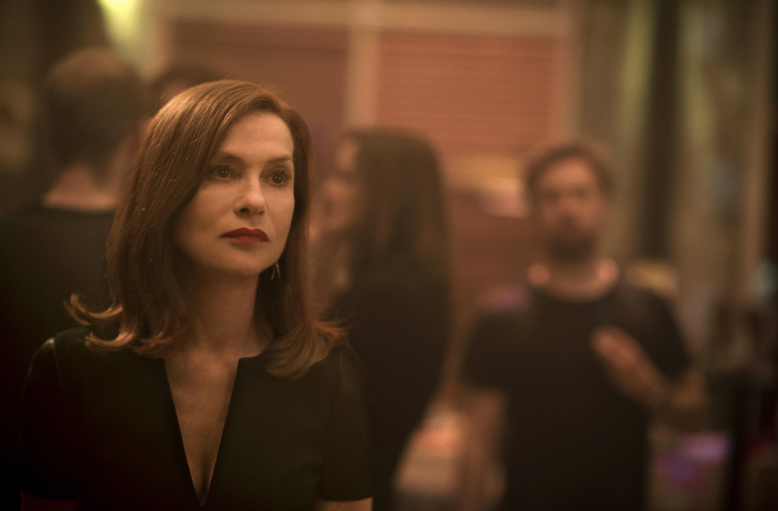Review: Elle
- Oct 9, 2016
- 2 min read

The line between pleasure and pain has always been a thin, if sometimes invisible, line for director Paul Verhoeven. His latest film Elle, an adaptation of Philippe Djian's award-winning novel Oh..., opens with the unmistakable grunts and groans of sex. Instincts are being indulged, but they are of the violent kind.
"I suppose I was raped," Michele Leblanc (Isabelle Huppert) announces over dinner to her ex-husband Richard (Charles Berling), best friend and business partner Anna (Anne Consigny), and part-time lover and Anna's husband Robert (Christian Berkel). The ambiguity of her statement - "I suppose I was raped" - lies not in the act itself but rather her reaction to her violation. In the immediate aftermath, the assault seems like an ordinary thing to be endured, like doing chores or visits with her mother (Judith Magre), a flamboyant figure who pushes Michele's buttons by sleeping with a younger man and pestering her daughter to visit her father, a man who's been imprisoned for several decades for murdering 27 people.
That rape could be viewed as an ordinary thing to be endured is one of the many provocations in Elle. Michele has lived with violence for most of her life - first with her father's crimes, which she may have aided and abetted, and presently with her profession as a games executive. She orders her hostile game designer to further refine their top-selling game - one which shows an orc-like creature pinning down a damsel in distress and penetrating her from behind with a tentacle - so that the players can feel the blood on their hands. The world in which she lives is one where women should expect to be brutalised, whether physically, verbally or emotionally, in their everyday lives.
Yet Michele, like most of Verhoeven's heroines, is no victim and the Dutch director upends a rape-revenge fantasy and turns it into something far more subversive. One questions whether the rape - which is revisited several times and with major variations - was real, imagined, perhaps even staged. "Shame isn't a strong enough emotion to stop us doing anything at all," Michele says at one point and, indeed, her openness to exploring all shades of improprieties is a wellspring for intriguing debate.
Oh, and by the by, Elle also happens to be a comedy, eliciting its laughs from dark and disturbing situations whether it be the all-too-obvious paternity of her grandchild; the constant squabbling between her son Vincent (Jonas Bloquet) and his demanding girlfriend (Alice Isaac); the holiday dinner party that starts with Michele playing footsie with the husband (Laurent Lafitte) of her religious neighbour (Virginie Efira) and ends with her mother having a stroke; or another, less populated dinner, that finds Michele and her son having dinner with her rapist.
Huppert is nothing less than magnetic, skillfully crafting yet another flawed but fascinating portrait of female sexuality. Elle is one of the most tonally whiplash-inducing films in recent memory, switchbacking from horror to boulevard comedy to feminist satire with nary a warning. Verhoeven and Huppert navigate the turns with ease, constantly bewildering, provoking, and enthralling.
Elle
Directed by: Paul Verhoeven
Written by: David Birke; based on the novel Oh... by Philippe Djian
Starring: Isabelle Huppert, Charles Berling, Laurent Lafitte, Anne Consigny, Christian Berkel, Judith Magre, Virginia Efira, Alice Isaaz, Jonas Bloquet

Comments